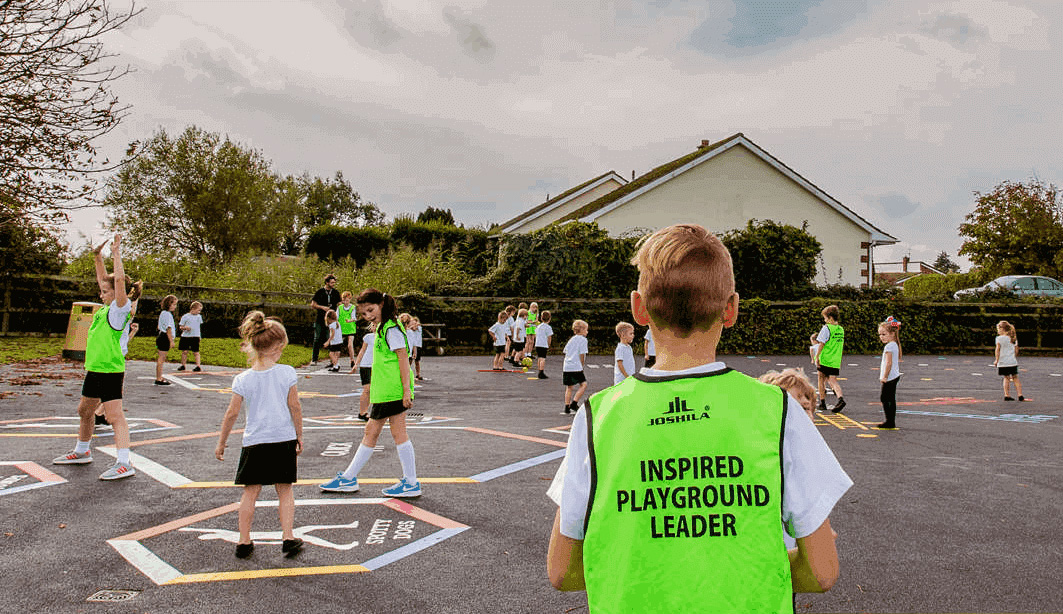
11 Jun Active fun and active lunch times at primary schools
Posted at 13:16h in Uncategorized
Active fun and active lunch times at primary schools
- Physical health: Regular physical activity is essential for children’s overall health and development. Active play and lunchtime activities can help children to develop strong bones and muscles, maintain a healthy weight, and reduce the risk of obesity and chronic diseases.
- Mental health: Active play and lunchtime activities can also have a positive impact on children’s mental health and well-being. They can help to reduce stress, improve mood, and boost self-esteem and confidence.
- Socialization: Active play and lunchtime activities can also provide opportunities for children to socialize, make friends, and learn teamwork and cooperation. These are valuable social skills that can help children to succeed in school and later in life.
- Learning: Active play and lunchtime activities can also support children’s learning and development. They can help to improve focus and concentration, enhance problem-solving and critical thinking skills, and promote creativity and imagination.
To achieve active fun and active lunch times at primary schools, several strategies can be implemented:
- Incorporating regular physical education classes into the school curriculum and providing access to a wide range of sports and other physical activities.
- Encouraging children to take part in active play and lunchtime activities, such as games, sports, and other physical activities, both indoors and outdoors.
- Providing appropriate equipment and resources to support active play and lunchtime activities, such as balls, skipping ropes, hula hoops, and other active play equipment.
- Encouraging teachers and other staff to model active behavior and participate in active play and lunchtime activities with children.
- Partnering with community organizations and other partners to provide access to additional resources and programs that support active play and lunchtime activities.
- Inviting parents and caregivers to participate in active play and lunchtime activities and encouraging them to support children’s physical activity at home.
- Create a safe and accessible play environment for children.
Overall, active fun and active lunch times at primary schools are important for children’s physical and mental health, socialization, and learning. By implementing the strategies mentioned above, schools can help to create a culture of active play and physical activity that supports children’s well-being and promotes lifelong health and fitness.
Want to create a more active and engaging school environment for your students?


